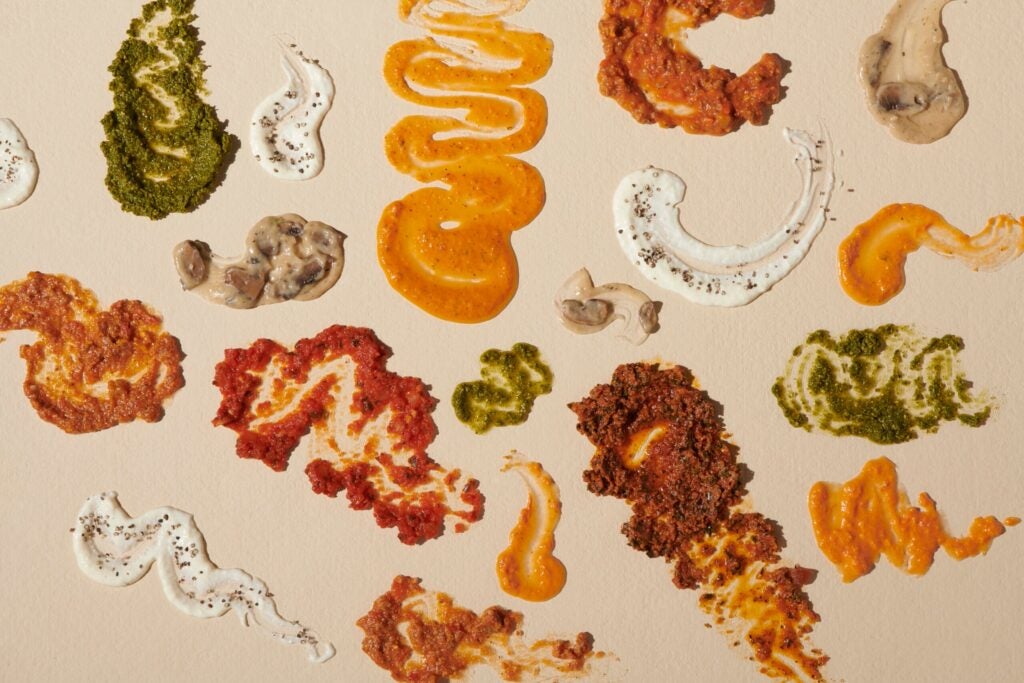Recently, there has been a media frenzy surrounding fruit juices and their potential removal from Canada’s Food Guide. Some newspapers proclaim they would be removed from the future Guide and compare juices to soft drinks due to their high sugar content. On May 20th, 2015, Health Canada issued a publication in order to clear up the confusion engendered by media reports. In fact, Health Canada states that it is examining the evidence-base on which it built current advice to Canadians, regarding juice. Health Canada plans to publish updated educational tools which will clarify its existing guidance, including fruit and vegetable consumption, sugar intake and healthy drinks. According to the conclusions of the scientific review, advice related to consumption (quantity & frequency) of various foods, including fruit juices, could be updated subsequently.
In connection with this Health Canada publication, I believe we need to set the record straight about fruit juices and their consumption.
Recommended serving
Did you know the recommended fruit juice portion from Canada’s Food Guide is 125 ml? This corresponds to a very small glass or half a standard glass. I personally believe the problem resides in the quantity of juice consumed by the population. In Canada, juice is seen as a refreshing beverage and is often offered instead of water. Furthermore, it is quite unusual to see a 125 ml standard portion. Canadians consume 250 ml, 500 ml or even larger portions, depending of the size of the glasses they have at home.
Nutritional value
The average nutritional value of 100% pure fruit juices is 15 grams of carbohydrates per 125 ml. They contain no fibre, even juices “with pulp”. Therefore, they do not generate satiety. However, juices are a source of Vitamin C, potassium and are sometimes enriched with calcium and Vitamin D.
Myths and reality
Many consider juices as a “healthy drink”. We have recently heard about juice cures, supposed to detoxify the body. Unfortunately, scientific data do not confirm such miraculous properties. On the contrary, some should reduce their consumption of fruit juices due to their high carbohydrate content. I would even go so far as to say that fruit juices are not recommended for those with diabetes. Since they contain no fibre, they result in unwanted rising blood glucose levels for these individuals.
Another popular myth: 100% pure juices are sugarless. I must refute this since those juices contain fructose, which is the natural sugar found in fruit. Furthermore, the quantity of fructose is high since many fruits have to be used to obtain that juice. Contrary to popular belief, 100% pure juices are therefore not sugarless.
Following this review, do you believe fruit juices should be removed from Canada’s Food Guide?










